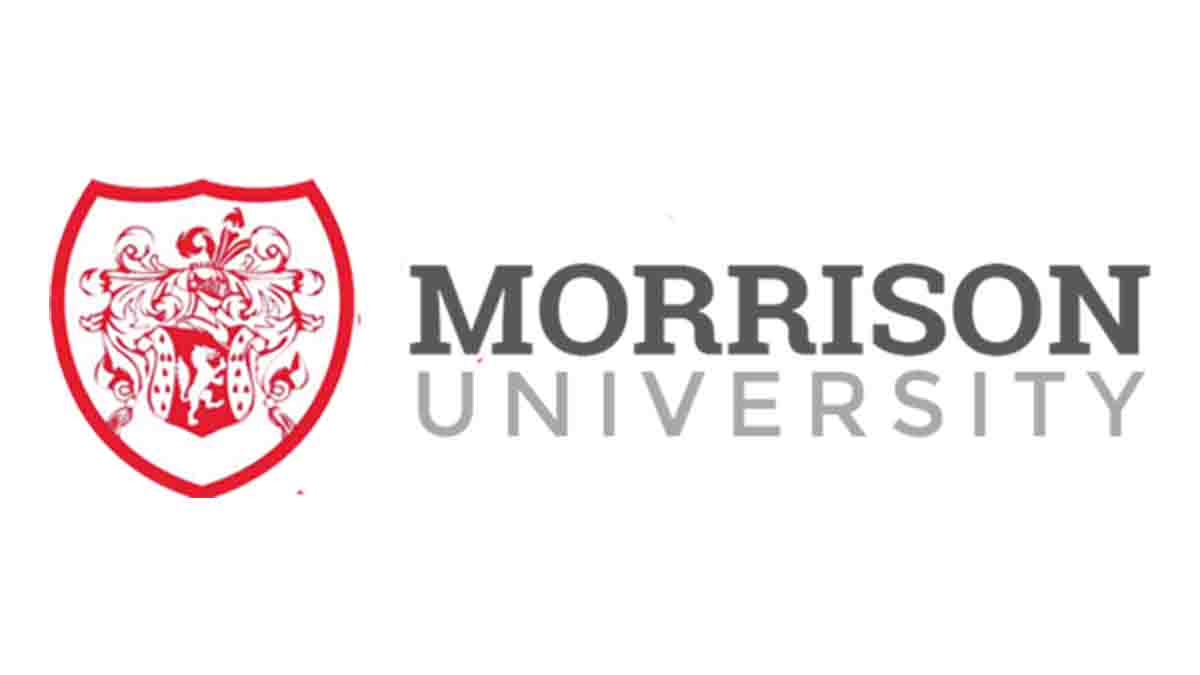If you know about MBA and MACC, you will wonder about the differences or similarities between them. This article will compare “MBA vs. MACC”, stating the relationship between them.
Professionals looking to advance their careers in any business-related field can pursue a higher degree.
Moreover, graduates looking to enhance their careers in business and finance can choose from a variety of master’s degrees based on their interests in accounting.
A good career choice in accounting can be achieved by acquiring a Master’s degree, manifesting in two main options, MBA and MACC.
MBA vs. MACC
What is MBA?
MBA stands for Master of Business Administration. MBA offers an extensive program that provides a solid foundation in business foundations while stimulating students to develop their analytical and critical thinking skills.
Typically, the first year of an MBA program focuses on developing core skills in courses that include: business communication, economics, business law, operations management, leadership skills.
It does not matter whether they are delivered online or on-campus because classroom assignments often require close collaboration with other students to hone their interpersonal skills and negotiating tactics.
After completing the basic MBA courses, you will go further on to major in accounting, with in-depth lessons such as financial reporting, managerial accounting, information technology, taxation and business decisions, quantitative analysis.
The MBA degree focuses on professionals with at least two years of work experience. Moreover, some MBA programs do permit their students to concentrate more on accounting or taxation.
MBA vs. MACC
What is MACC?
MACC stands for Master of Accountancy. The MACC degree provides an overview of accounting principles and current business applications.
MACC courses generally include the following subjects: accounting theory and research, auditing, business strategy, cost analysis, ethical issues, information systems, internal control systems, quantitative analysis, taxation.
MACC gives a more technical education, and many of its programs are intended for applicants who have an accounting background.
MBA vs. MACC: Similarities
The MBA and MACC degrees can prepare students for advanced roles in business. Both degrees typically possess the characteristic of concentrating in a particular area of business.
For example, the MACC degree program may provide a concentration in data analytics, while MBA students may direct their attention on an area such as public administration.
However, both degrees can lead to diverse and well-paying career paths.
MBA and MACC programs develop necessary skills in students that are fundamental to business success, such as advanced leadership, analytical, critical-thinking, decision-making, and communication.
MBA vs. MACC: Differences
MBA prepares students for a wide range of business careers while the MACC prepares them to gain and acquire accounting skills. The MACC is more technical and focuses more on difficult accounting skills.
Usually, MBA pays more attention to management, strategic thinking, finance, marketing, human resources, etc. It does, however, include a general outlook of accounting principles which is nothing compared to what you get with MACC.
The most significant difference between MBA and MACC is the scope of their curriculums. The curriculum of a MACC program is more suited to the four topics covered by the CPA exam:
- Auditing & Attestation
- Financial Accounting & Reporting
- Regulation
- Business Environment & Concepts
This curriculum focuses more closely on preparing students for the CPA and the Certified Management Accountant (CMA) exams than the MBA curriculum.
On the other hand, MBA pays more attention to general business skills, while the MACC concentrates more on advanced accounting skills.
Read this: MSEd Degree (Meaning, Length, Benefit, Schools)
MBA Prerequisites
When deciding whether or not to pursue an MBA, you ought to know if you have the prerequisites required to enter the program (or whether you are ready to take courses if you do not meet the requirements).
MBA programs rarely include coursework requirements. Individuals from any academic background that have completed a bachelor’s degree are eligible for MBA programs.
Admission into MBA programs is usually evaluated based upon some criteria:
- Previous work experience: MBA programs require you to have a particular number of years of professional experience before applying.
- GPA and Entrance Exams: MBA programs also require you to take the GMAT or GRE, while others may waive this requirement if you meet a particular GPA standard.
MACC Prerequisites
The MACC degree requires a significant amount of accounting coursework before applying for the program right from the undergraduate level.
For example, to apply to the Franklin University for a MACC program, you must have passed the following coursework (or its equivalent at another accredited school) with a minimum of C:
- Financial Accounting
- Managerial Accounting
- Intermediate Accounting I & II
- Auditing (required for students pursuing coursework in Advanced Auditing and Data Analytics).
Undergraduate GPA and entrance exams are also relevant admission criteria for MACC programs.
How long does it take to complete MBA and MACC programs?
When pursuing graduate studies, most students, especially working professionals, consider completing their degree to be a key factor.
Although 1 to 2 years is usual for most MBA and MACC programs, the number of course credits required to earn a master’s degree varies by institution and state.
The time it takes to complete an MBA or MACC depends on whether you attend full-time or part-time. The part-time online option is popular with busy professionals who cannot leave their jobs to attend school.
This format can take three years or more, depending on how many lessons you take at a time. The MACC diploma is achievable in just one year.
Job Opportunities for MBA holders
With an MBA diploma in finance included amongst your credentials, you can assume the following positions:
- Corporate accountant
- Auditor
- Financial analyst
- CFO, or any other high-level managerial position.
While MBA in accounting paves the way to a broad spectrum of business-related careers like;
- Chief Financial Officer: They are responsible for all financial activities of a company;
- Controller: Responsible for all the accounting activities of a company
- Financial Consultant: Provides money management advice to both individual and business clients.
Alternatively, one can opt for these career choices: business management, cost accounting and management, budgeting and budget analysis, banking, and tax planning.
Job Opportunities for MACC holders
A standard career path for a MACC graduate falls underneath the overall title of accounting, including;
- Public Accountants: They supply accounting, tax auditing, and consulting services to numerous establishments.
- Forensic Accountants: They are involved in accountancy works that concern legal disputes and litigation;
- Internal Auditors: They search for mistakes, irregularities, and oversights in the ledgers of the organizations they are working for.
Alternative job headings that fall into the MACC category are assurance manager, budget analyst, cost accountant, general accountant, enrolled agent, Certified public accountant (CPA), Certified management accountant (CMA), Certified fraud examiner (CFE), management accountant, and tax accountant.
If you are considering working as a CPA, confirm that the program will deliver the 150 credit hours requested by many states as one of their criteria to write the CPA exam.
Conclusion
Choosing a higher degree is not just about getting ready for the next job; it is about setting the correct foundation for your long-term career goals.
Correspondingly, accounting is the language of business; thus, the knowledge of the business is found within it.
Even though the MBA program involves more business aspects than a MACC, it does not have the necessary financial skills required as a CPA.
It is very difficult to conclude that one degree is better when compared to the other, but as an undergraduate of accounting, you are one step ahead.
Lastly, an accounting graduate’s decision should depend on the student’s career goals and strengths. Individuals who are good at calculations and like to work alone on complicated tasks should be more inclined to chase after a MACC degree.
At the same time, those interested in socializing with other professionals should decide on an MBA program.
Awesome one; I hope this article answered your question.
Share this Information.
Related articles:
- How to Create a Balanced Plate: The Key to Healthy Eating
- How to Start a Virtual Book Club with Friends
- The Top Credit Score Hacks Every Young Adult Should Know
- The Pros and Cons of Rental Property as a Passive Income Stream
- Enhancing Your Clinical Psychologist Job Prospects with Professional Help
- The Impact of Graphic Design School on Your Future Earnings Potential
- 7+ College Scholarships for Muslim Students (FAQs)
- Flavor of the Month Scholarship 2024 (Requirements, FAQs)
- Vegetarian Scholarship (Requirement, Deadline, FAQs) | 2025
- John and Abigail Adams Scholarship 2022-2024 (Eligibility, Deadline)





